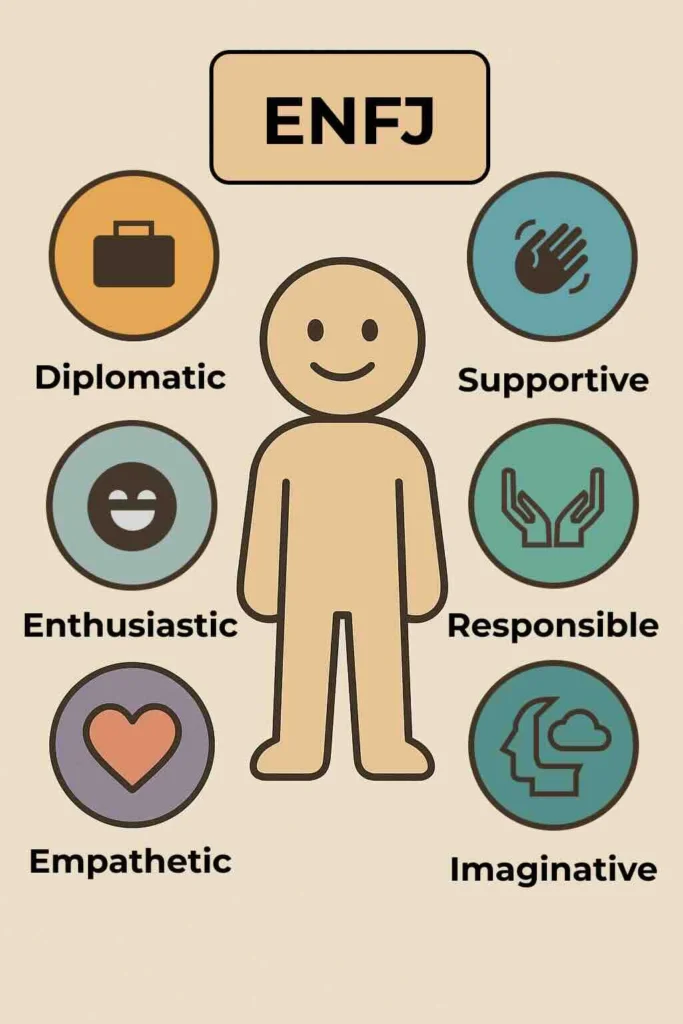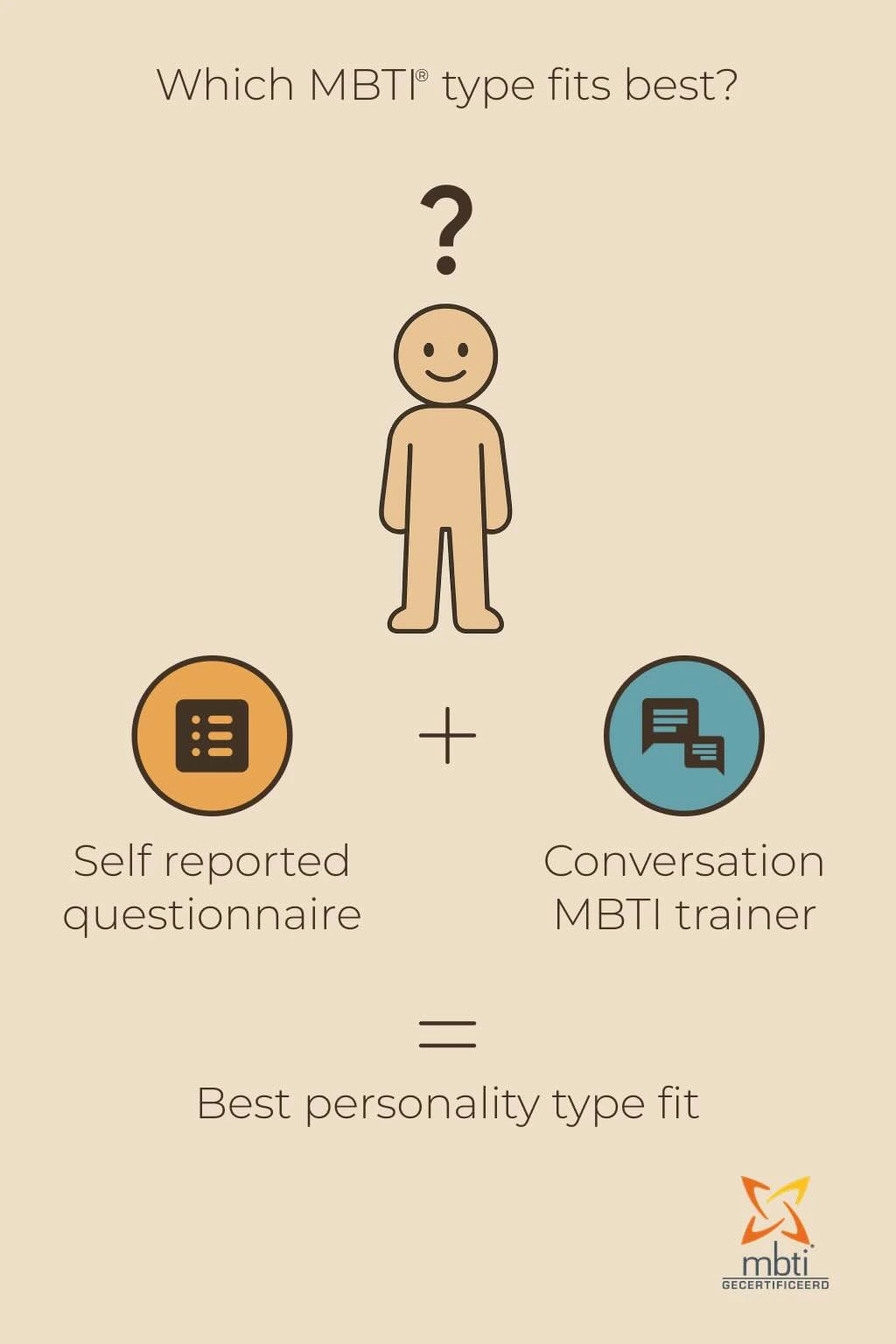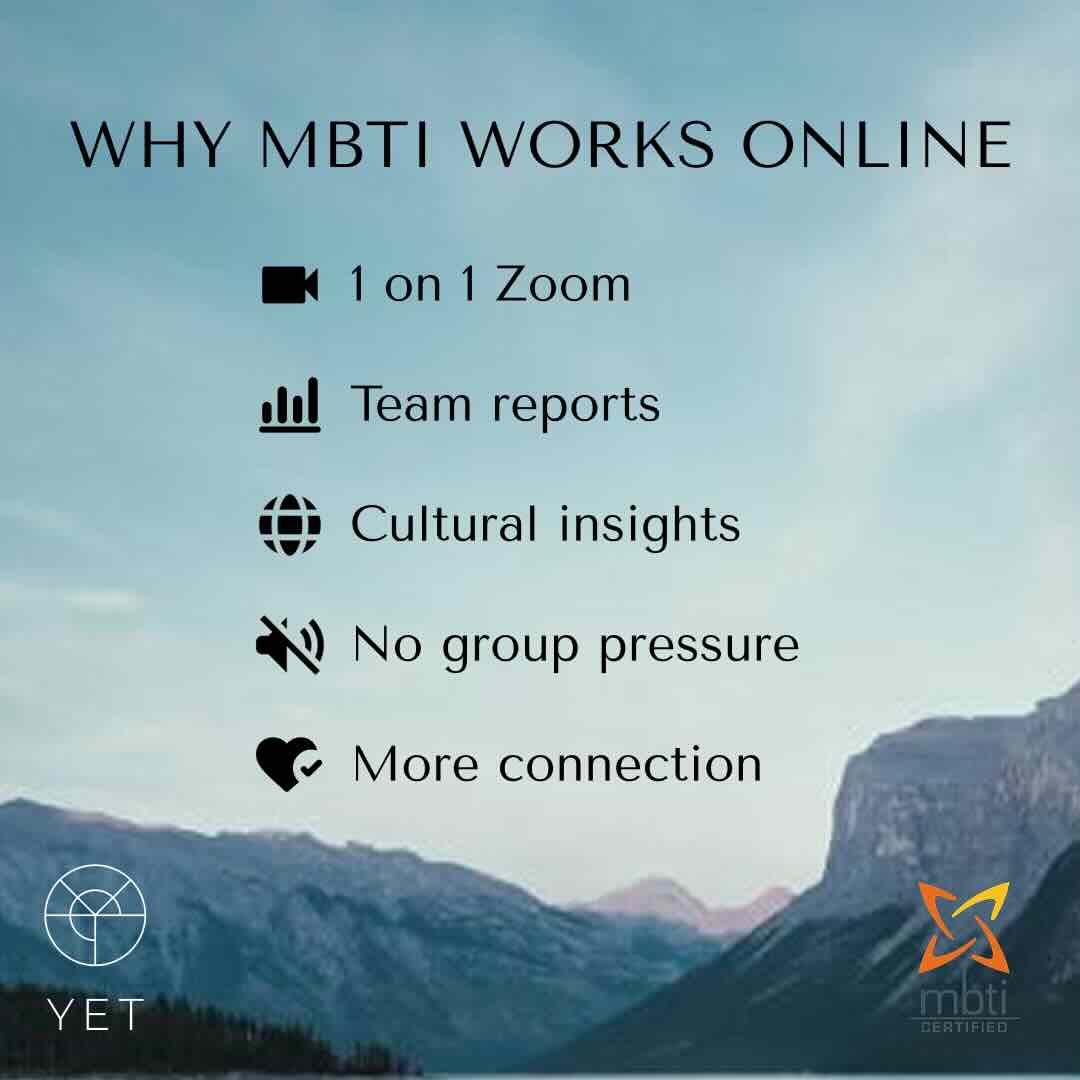ENFJ: Compassionate Facilitator
In the world of personality types, ENFJs stand out as natural leaders and compassionate visionaries. Known as the “Compassionate Facilitator” in the MBTI® framework, ENFJs bring warmth, insight, and an unwavering drive to inspire others. ENFJ stands for “Extraverted, Intuitive, Feeling, and Judging,” representing a personality type that is people-oriented, future-focused, and deeply committed to fostering harmony and growth in their communities.
In this blog, we’ll dive into the key traits, strengths, challenges, and workplace dynamics of the ENFJ personality type. Whether you’re an ENFJ seeking self-awareness or someone working alongside one, this guide will help you understand and collaborate with this dynamic personality.
Core Traits of ENFJs
1. Extraverted (E):
ENFJs thrive in social settings, drawing energy from meaningful interactions. They are empathetic listeners who excel at bringing people together, whether in professional or personal contexts. Their extraversion drives them to create connections and lead with charisma.
2. Intuitive (N):
With a focus on the big picture, ENFJs often see possibilities where others see obstacles. They are future-oriented thinkers, using their insight to identify opportunities and inspire others to pursue ambitious goals. Their visionary nature allows them to develop innovative approaches to challenges.
3. Feeling (F):
Guided by their values, ENFJs make decisions based on empathy and what they believe is best for others. Their emotional intelligence enables them to understand diverse perspectives and create an atmosphere of trust and mutual respect.
4. Judging (J):
ENFJs value structure and organization, preferring to work in environments where goals are clear, and timelines are respected. They enjoy planning and are skilled at balancing strategic thinking with the practical steps needed to achieve their vision.
Strengths of the ENFJ Personality Type
1. Inspirational Leadership:
ENFJs have a natural talent for inspiring others. They lead with passion, optimism, and a genuine belief in people’s potential, making them excellent motivators in team settings.
2. Empathy and Connection:
Few personality types can match the emotional intelligence of ENFJs. They excel at understanding the needs and feelings of others, fostering a sense of belonging and collaboration.
3. Business Understanding:
ENFJs are adept at managing complex projects and coordinating diverse teams. They bring a structured approach to leadership, ensuring goals are met while maintaining harmony.
4. Visionary Thinking:
ENFJs are not content with the status quo; they strive to create a better future. Their ability to anticipate trends and recognize opportunities makes them invaluable in roles requiring long-term planning.
5. Conflict Resolution:
With their diplomatic nature, ENFJs are skilled at mediating disputes and finding win-win solutions. They are often sought after as mediators in both personal and professional contexts.
Challenges and Growth Areas for ENFJs
1. Overcommitment:
ENFJs often take on too much, driven by their desire to help others. This can lead to burnout if they neglect their own needs.
Growth Tip: Practice setting boundaries and saying no when necessary to protect your well-being.
2. Struggle with Criticism:
Because they invest so much in their work and relationships, ENFJs can take criticism personally, even when it’s constructive.
Growth Tip: Focus on separating feedback from your sense of self-worth to use it as a tool for growth.
3. Difficulty Delegating:
ENFJs may struggle to delegate tasks, fearing that others won’t meet their high standards.
Growth Tip: Trust your team and focus on empowering others by sharing responsibilities.
4. Conflict Avoidance:
While skilled at resolving disputes, ENFJs may avoid initiating difficult conversations to maintain harmony.
Growth Tip: Embrace open communication, even when it feels uncomfortable, to address issues before they escalate.
ENFJs in the Workplace
ENFJs excel in roles that involve leadership, collaboration, and a strong sense of purpose. They thrive in environments where they can connect with others and work toward meaningful goals. Ideal career paths for ENFJs include:
– Education: Teachers, trainers, and mentors who inspire and nurture growth.
– Human Resources: Talent managers who foster positive work cultures and support employee development.
– Healthcare: Professionals dedicated to patient care and advocacy.
– Nonprofit Leadership: Visionaries who drive social change and community-building initiatives.
– Creative Fields: Writers, directors, and performers who use storytelling to evoke empathy and understanding.
In team settings, ENFJs are often the glue that holds everything together. They bring enthusiasm, organization, and a collaborative spirit, ensuring everyone feels valued and aligned with the group’s goals.
ENFJs in Personal Relationships
In relationships, ENFJs are loving, supportive, and deeply committed. They seek partners who share their values and appreciate their thoughtful gestures. While ENFJs can sometimes put their partner’s needs above their own, they thrive in relationships that allow for mutual support and personal growth.
Conclusion: Embracing the ENFJ Personality
ENFJs are a beacon of positivity and inspiration in any setting. Their ability to connect with others, envision a better future, and lead with empathy makes them invaluable contributors to society. By balancing their focus on others with self-care and embracing constructive feedback, ENFJs can unlock their full potential and create lasting impact wherever they go.
Read more about the ENFJ personality type in a cultural context:
Read more about the ENFJ personality type in a cultural context here.
Read more about the ENFJ personality on our Instagram account:
FAQ
What are strengths of the ENFJ Personality Type?
1. Inspirational Leadership
2. Empathy and Connection
3. Business Understanding
4. Visionary Thinking
5. Conflict Resolution
How are ENFJs in Personal Relationships?
ENFJs are a beacon of positivity and inspiration in any setting. Their ability to connect with others, envision a better future, and lead with empathy makes them invaluable contributors to society.
How are ENFJs in the Workplace?
ENFJs excel in roles that involve leadership, collaboration, and a strong sense of purpose. They thrive in environments where they can connect with others and work toward meaningful goals.
What are great career paths for ENFJs?
– Education: Teachers, trainers, and mentors who inspire and nurture growth.
– Human Resources: Talent managers who foster positive work cultures and support employee development.
– Healthcare: Professionals dedicated to patient care and advocacy.
– Nonprofit Leadership: Visionaries who drive social change and community-building initiatives.
– Creative Fields: Writers, directors, and performers who use storytelling to evoke empathy and understanding.





